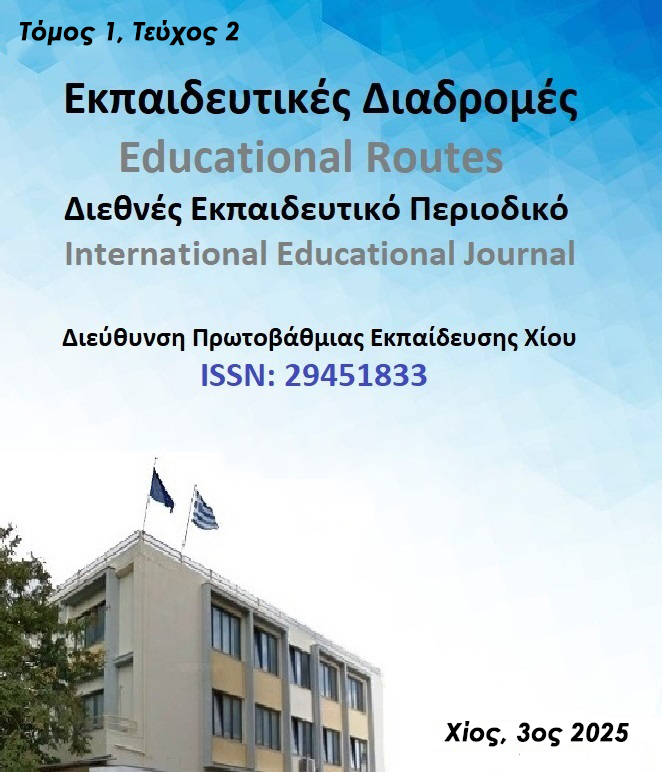Assessing orthographic competence and implementing intervention strategies to improve orthographic competence. The case of a gifted GFL learner

Abstract
Contemporary empirical research in the field of Special Education highlights the interaction of multidimensional variables in identifying and fostering the potential of gifted and talented students. This case study incorporates a diagnostic assessment to evaluate the spelling proficiency of a linguistically talented student learning German as a foreign language. The research subject is an 8-year-old boy who has been learning German as a second foreign language for two years. To assess the student’s spelling ability, the Spelling Test for Students of German as a Second Foreign Language was administered both before and after the intervention. The intervention presented in this study focused on a specific spelling difficulty: the capitalization of nouns in German. This was combined with a prior diagnostic assessment process. Quantitative data were additionally collected using the Course Conduct Questionnaire to identify individual learning styles and interests. In this case study, multisensory and digital intervention activities were designed to address the needs of a gifted learner of German as a foreign language. Multisensory approaches were employed to align with the student’s preferences, while digital tools were integrated to enhance engagement and learning reinforcement. Post-intervention analysis revealed significant improvement in the student’s spelling proficiency.
Article Details
- Section
- Original Research Papers
- Categories

This work is licensed under a Creative Commons Attribution-NonCommercial-NoDerivatives 4.0 International License.
This work is licensed under a Creative Commons Attribution-NonCommercial-NoDerivatives 4.0 International License.
To view a copy of this license, visit:


